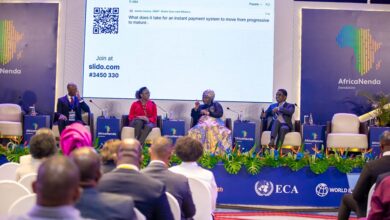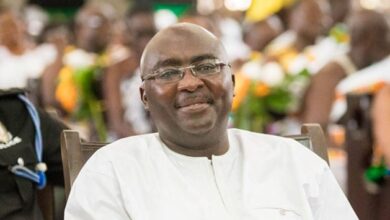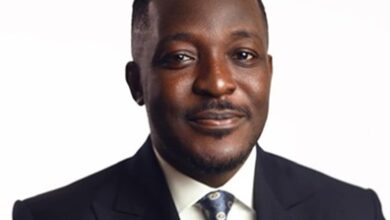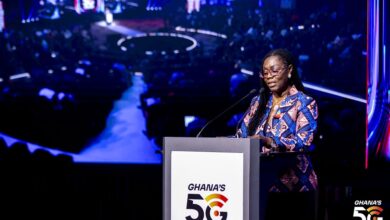Huawei’s support boosts digital literacy among African women
Chinese telecommunication firm Huawei has ramped up training and mentorship targeting African women and girls in order to boost their digital skills and enhance their employability in the industries of the future.
Huawei said in a statement issued in Nairobi, the Kenyan capital, on Wednesday that it was committed to bridging gender divide on digital skills across the Sub-Saharan African region.
Through its flagship program dubbed “Seeds for the Future,” Huawei has partnered with African governments to offer specialized Information and Communication Technology (ICT) training to women and girls.
Already, 14 Sub-Saharan African countries including Kenya, Uganda, Ghana, and Malawi have rallied behind the initiative to train over 200 women in ICT related fields, according to Huawei.
“Seen as a major milestone, the program is focused on increasing the number of girls participating in emerging technologies such as 5G, cloud computing and Artificial Intelligence to help them get job-ready for the digital economy era amid Africa’s rapid expansion of the sector,” said Huawei.
The success of the program has been realized thanks to support from African governments with 25 countries, including South Africa, Kenya, Nigeria and Ghana, having participated in the ICT training for women and girls.
‘Use platforms to advocate
for data-driven policies’
THE Resident Representative of the United Nations Development Programme (UNDP) in Ghana, Angela Lusigi, has called on journalists to use their platforms to advocate for data-driven policies to position Ghana on the path to sustainable development.
She made this call in her remarks at the graduation ceremony of the first cohort of the maiden data storytelling certification course for journalists at the Ghana Institute of Journalism (GIJ).
Dr. Angela Lusigi underscored the critical role of the media in achieving the Sustainable Development Goals (SDGs) and urged the media to advocate and cause more social and developmental changes with evidence-based reportages.
“As we race towards the 2030 deadline for the attainment of the SDGs, you must play your part in helping us to transform complex data into actionable outcomes through evidence-based storytelling, for the good of our people’’, Dr. Lusigi added.
The course, which is an initiative of UNDP in partnership with the Ghana Statistical Service (GSS) and the Ghana Institute of Journalism (GIJ) seeks to equip journalists with the needed skills to interpret and report statistical data accurately for more impact on policy actions. This is to increase media advocacy to ensure that public policies and interventions are data-driven and implemented towards development.
The Rector of GIJ, Prof. Kwamena Kwansah-Aidoo urged the graduands to use the knowledge acquired to transform and make journalism even more impactful.
“The media’s role in promoting development cannot be over-emphasized and now this training has positioned you to have a greater influence on development efforts with stories informed by data’’, noted Prof Kwansah-Aidoo.
In her remarks, the Deputy Government Statistician, Dr. Faustina Frempong-Ainguah highlighted the importance of data in development planning and called on journalists to become active partners in disseminating data in a more impactful way.
“Data will not benefit our people if it is not accurately interpreted and leveraged by policymakers and the public to cause a change. This training has now equipped you with the needed skills to drive the change we all desire through your stories’’, she stated.
The journalists commended UNDP, GSS and GIJ for initiating the course and described the knowledge acquired as one that will help them highlight SDGs issues with evidence.
“The training has been very insightful and has made data interpretation much easier. I have already shared the knowledge with my colleagues in the newsroom and we have now set up a data story desk, which is helping us shape the development discourse in our area using data as evidence’’, said Stephen Ernest Buah, Programme Manager at Radio Max in Takoradi.
The course is a three-month programme, structured in three levels: Basic, Intermediate and Advanced levels. The graduation ceremony for the first cohort saw 40 journalists drawn from different media houses from across Ghana awarded the joint certificate in the Basic Level by UNDP, GSS and GIJ.




